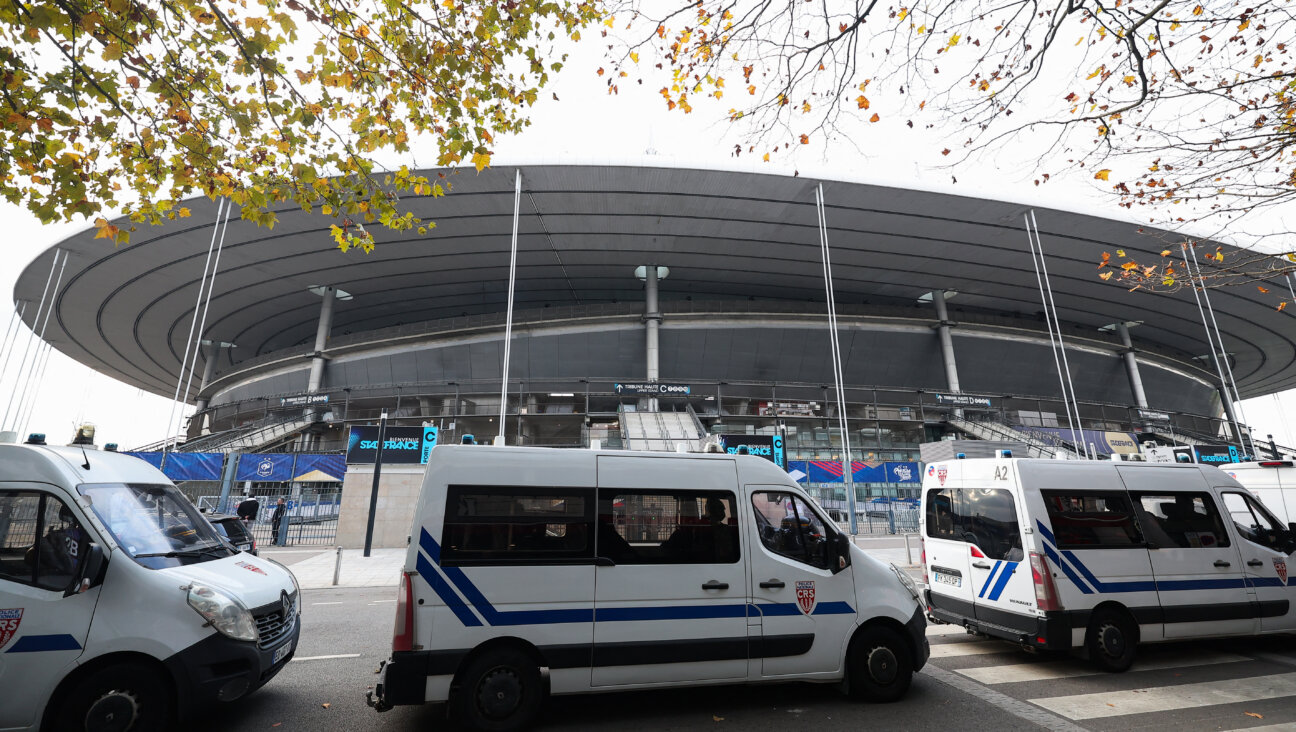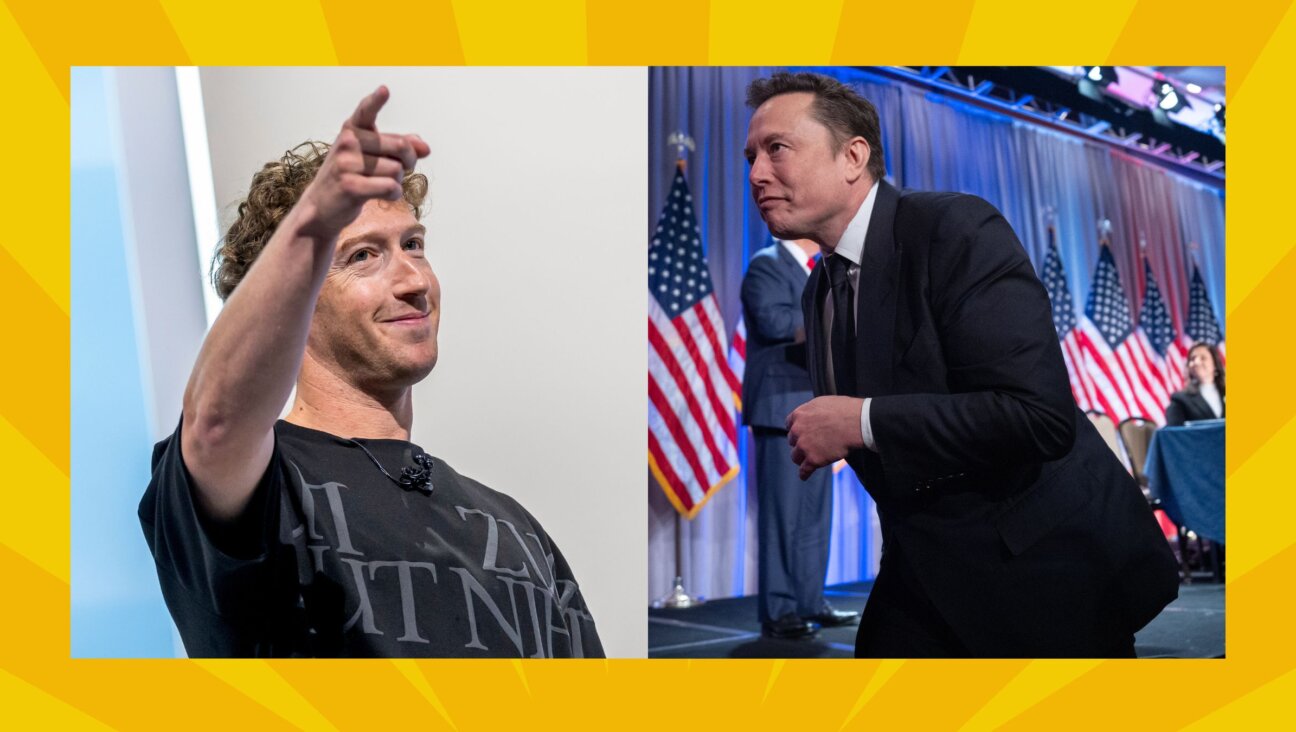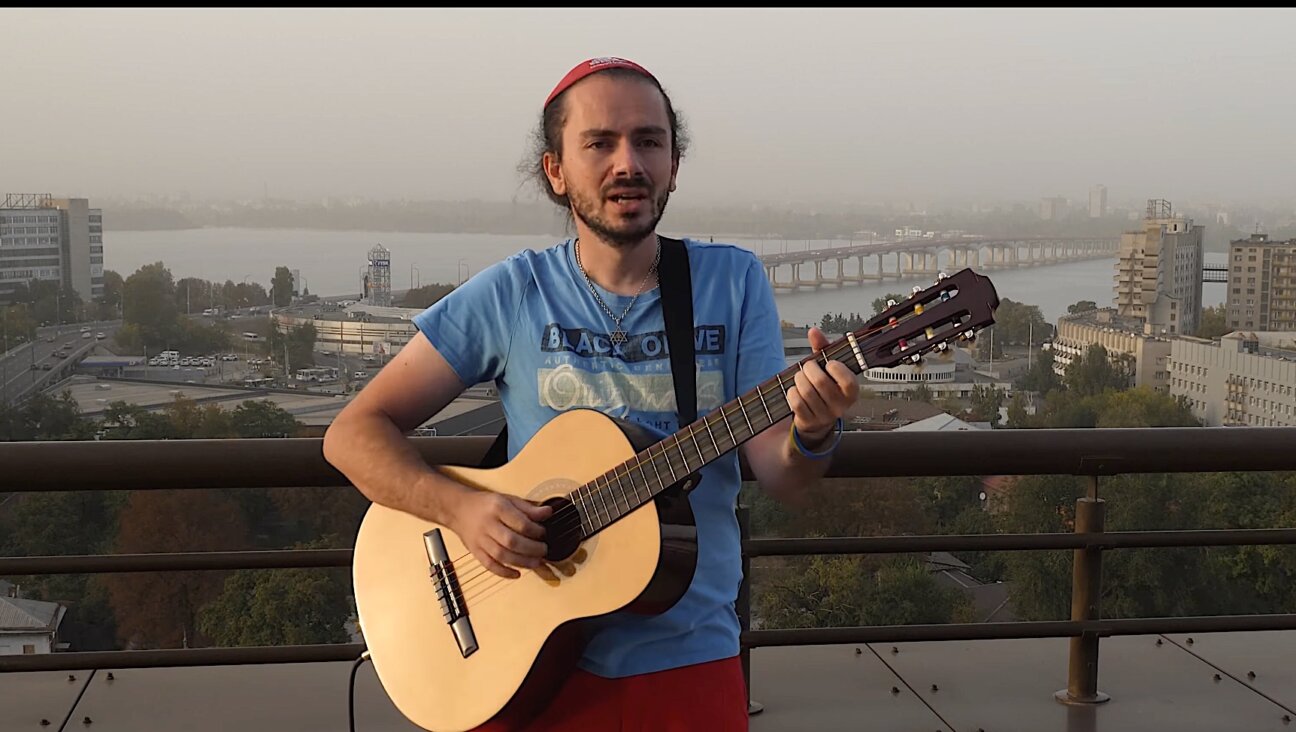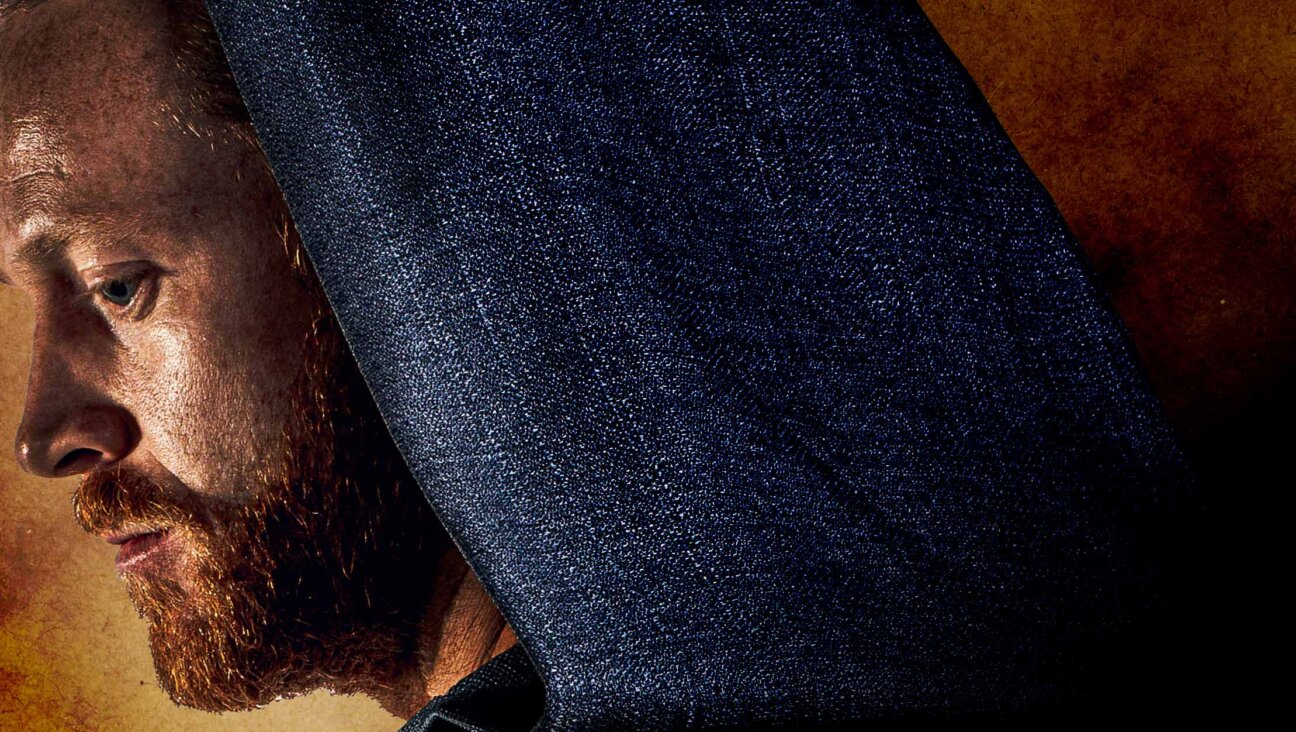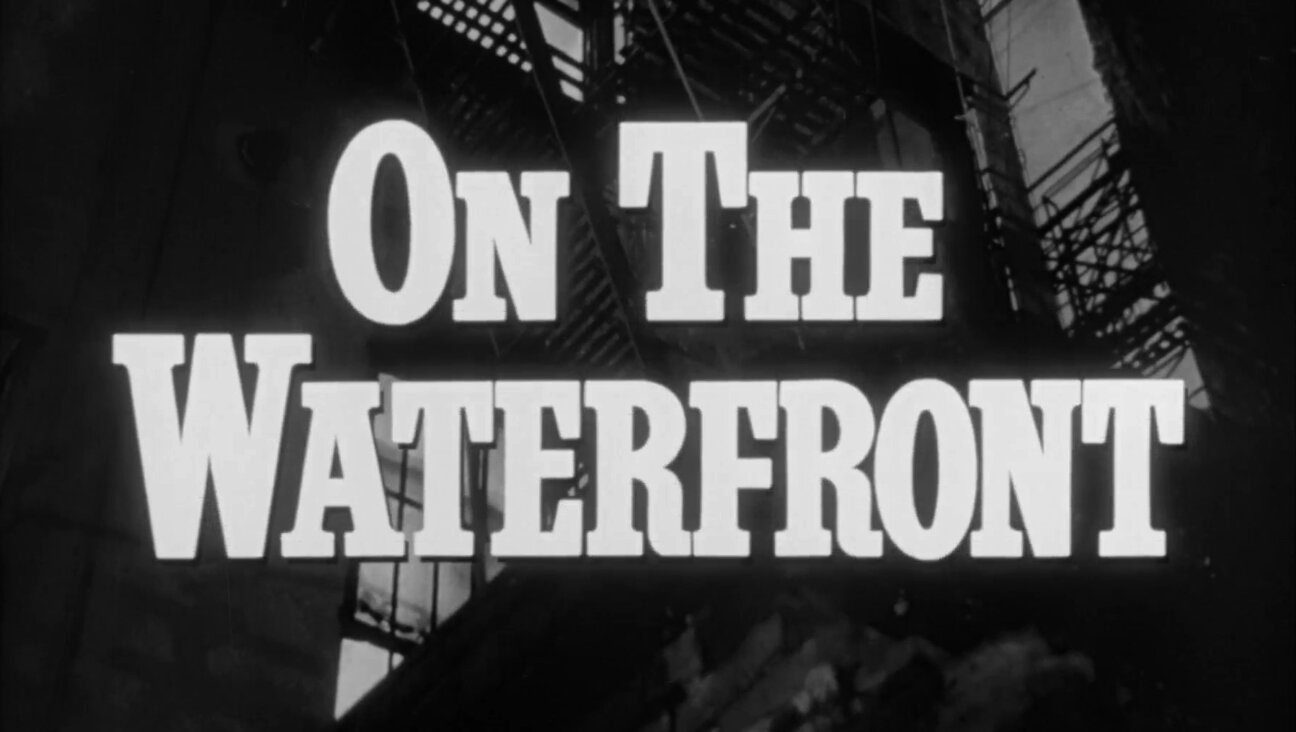Crossing to The Promised Land
Passover is on my mind. Some language — and some ideas — for the Seder:
- Each cup we raise tonight is an act of memory and of reverence. The story we tell, this year as every year, is not yet done. It begins with them, then; it continues with us, now. We remember not out of curiosity or nostalgia, but because it is our turn to add to the story.
Our challenge this year, and every year, is to feel the Exodus, to open the gates of time and become one with those who crossed the Red Sea from slavery to freedom.
Our challenge this year, as every year, is to reach out to those who have yet to make the crossing and help them enter freedomland.
We know some things that others did and do not know — how arduous is the struggle, how very deep the waters to be crossed are and how treacherous their tides, how filled with irony and contradiction and suffering is the crossing, then the wandering.
How can we not know such things? Did we ourselves not wander in the desert for 40 years, and have not those 40 years been followed by centuries of struggle and of quest? Heirs to those who struggled and quested, we are old-timers at disappointment, veterans at sorrow, but always, always prisoners of hope. Hatikvah — the hope — is the anthem of our people, and the way of our people.
And for all the reversals and all the stumbling blocks, for all the blood and all the hurt, hope still dances within us. That is who we are, and that is what this Seder is about.
For the slaves do become free, and the tyrants are destroyed. Once, it was by miracles; today, it is by defiance and devotion.
- Why do we break the matzo in half?
Try this: Because the story we are about to tell is a story of how a people broken by slavery became whole through freedom. We begin with the break, and we do not conclude until the halves are reunited.
Or try this: The world we inhabit is a broken place. Our celebration tonight is a taste of the redemption for which we yearn, for it reminds us that we have known redemption before. We conclude our Seder meal by reuniting the broken halves of the middle matzo — and we conclude our Seder itself by pledging, yet again, to seek to heal our broken planet.
- The biblical account of the rigors of slavery is sparse, compressed into just four sentences. And that’s it, all of it, the whole of the story of our slavery in Egypt. The rest of the story is not about the work we were made to do; it is about the experience of being a stranger. Later, we are reminded over and over again, to be kind to the stranger in our midst because “you were strangers.” We were alien, we were the Other.
And because the Egyptians could not stand those whom they deemed alien and because we did not crumble under their cruelty, they set out to destroy us.
Note: The women of the story are essential to its unfolding. Shifra and Puah, the midwives who disobey Pharaoh’s order; Yocheved, the mother of Moses; Miriam, the sister of Moses, and Pharaoh’s daughter. (Tel Aviv’s leading maternity hospital is at the intersection of Shifra and Puah Streets.) Pharaoh pays no mind to the women, yet it is in their daring actions that it all began; it is because of them that we are here tonight.
- For lo, the winter is past.
Imagine: Perhaps it was Moses, perhaps some other. A Jewish slave, the child of slaves, grandchild of slaves. Imagine that one day, hungry, exhausted, whipped by the slavemaster, it came to him to say, “Enough! This is no life, and I will no longer wait passively for a better day, be satisfied with the thin gruel of slavery. This is not what I wish for myself, for my family, for anyone.”
The rains are gone.
Throughout history, ours and others, but only now and then, there have been those who have found the strength to say, finally, “Enough!” No more chains. No more cruelty. No more oppression. No more degradation. No more war.
New seasons, new possibilities.
So, too, in our own time. We cannot, we dare not, let go of the prospect of peace, as distant as it so often seems, as precarious are its still-fragile, renewed prospects. Passover reminds us that the dream of redemption is not a fantasy. No, the swords have not yet been put aside, the time of the plowshares and the pruning hooks is yet to come.
It is not and will not be an easy journey. Between now and peace, there is work to be done. There is hatred to be unlearned, and dignity to be restored. There is tolerance to be taught and new understanding to be planted. And there are agreements to be reached, somehow.
True, the edges of our wounds have not yet healed, and memories of sorrow sometimes crowd out our dreams. But if the Children of Israel had not made room for the dream, allowed tomorrow to urge them on, we would still be standing on the wrong side of the waters, with no desert to cross, no land to reclaim. So even if the seas are reddened with new blood, even if Egypt lingers, unwelcome in our hearts and in our minds, we dare not be slaves to yesterday. B’hol dor va’dor, in every generation — and in ours, too — we must cross to the Promised Land, to the promised time.
Until the new possibilities become the new realities.
And oh, what new verses we will add to the dayeinu when that day dawns.
Leonard Fein is author of “Against the Dying of the Light: A Parent’s Story of Love, Loss and Hope” (Jewish Lights, 2001).
A message from our CEO & publisher Rachel Fishman Feddersen

I hope you appreciated this article. Before you go, I’d like to ask you to please support the Forward’s award-winning, nonprofit journalism during this critical time.
At a time when other newsrooms are closing or cutting back, the Forward has removed its paywall and invested additional resources to report on the ground from Israel and around the U.S. on the impact of the war, rising antisemitism and polarized discourse.
Readers like you make it all possible. Support our work by becoming a Forward Member and connect with our journalism and your community.
— Rachel Fishman Feddersen, Publisher and CEO









